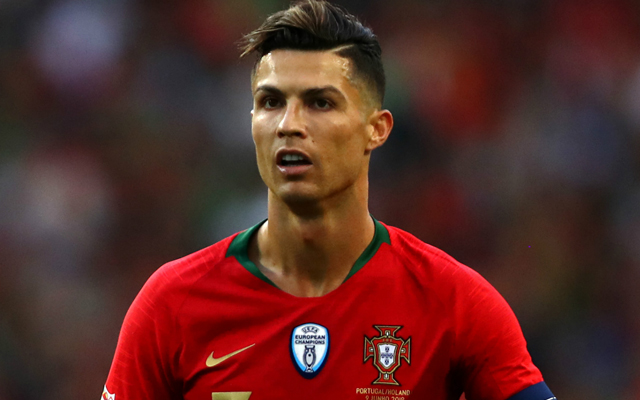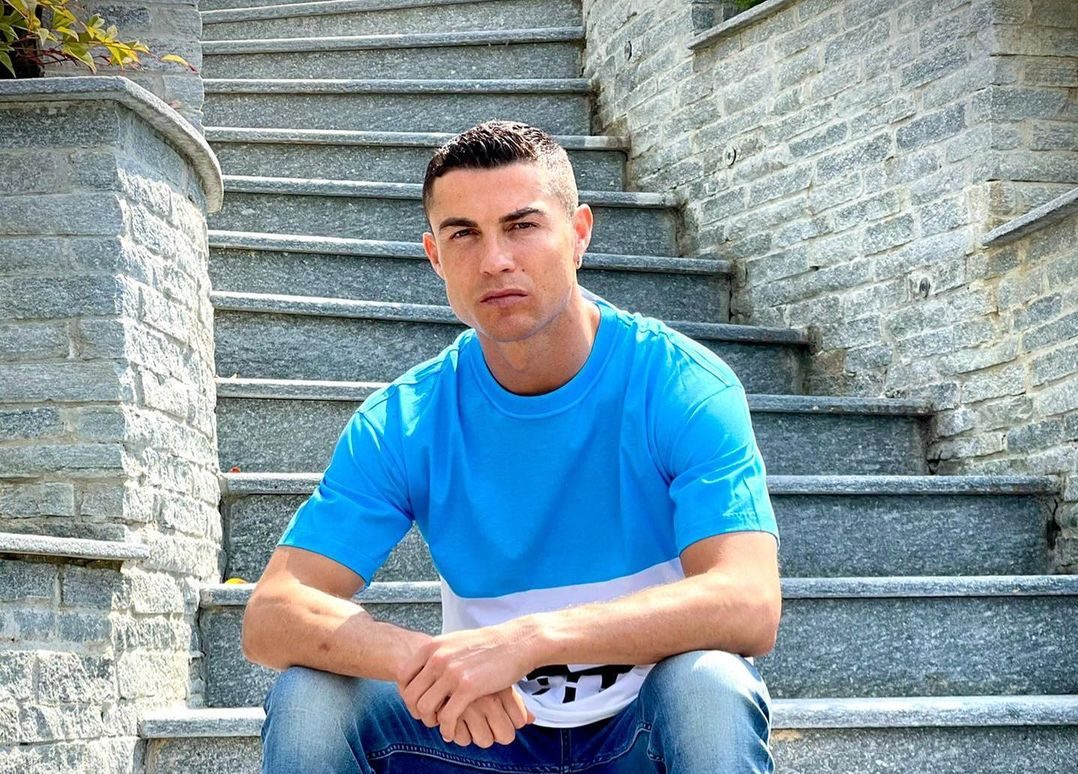
Ronaldo's red card on Coca-Cola may not be in the best interests of sport

Cristiano Ronaldo has done special things on the football field. Be it in the English Premier League with Manchester United, with Real Madrid in Spain’s La Liga, Juventus in the Italian Serie A or for his beloved Portugal in international action, the mercurial CR7 is a compelling presence with his mesmeric goal-scoring or in the manner in which he draws defenders to himself and opens up space and opportunities for his teammates to cash in on.
Arguably the greatest footballer of his generation continues to influence matches and outcomes, but perhaps his most significant slice of action came off the park, at a press conference in Budapest before the defending champions’ first game of Euro 2020, against host nation Hungary this Tuesday. On the face of it, it was a seemingly innocuous; two-second passage, though nothing could be further from reality.
Also read: Ronaldo removes ‘Coke’ bottles, plumps for water at Euro event
As the national skipper took his place at the press conference table, he casually picked up two bottles of Coca-Cola strategically placed in front of him and slid them to the ground, out of sight of shutterbugs and television cameras. That tiny gesture triggered a dramatic $4 billion slump in the soft drink giant’s share price.
As if to reiterate that there was nothing instinctive or casual about his action, Ronaldo held up a bottle of water and used its Portuguese variant ’Agua!’ to indicate to the millions who would watch the since-viral clip that they should steer clear of aerated drinks and stick to plain, pristine water.
This wasn’t a political statement, though it has since been labelled ’athlete activism.’ It wasn’t a brazen, abrasive shot at authority. In his standing as a role model and an influencer, Ronaldo was issuing a message he believed was in the larger public interest. It would not, however, be without ramifications. Coke’s $4-billion meltdown was just the tip of the iceberg.
In subsequent days since Ronaldo shook up the established order, two other big names have delivered messages of their own. Paul Pogba, the creative French midfielder, picked up a pint bottle of Heineken beer and gave it the Ronaldo treatment while a day later, it was the turn of Italian Manuel Locatelli, the player of the match with two goals in their 3-0 defeat of Switzerland, to hold court. Like Ronaldo, Locatelli’s object of attention was the two bottles of Coca-Cola positioned at the head table in such a way that they would be unmissable by cameras.
Even had it been an isolated incident, Ronaldo’s move was unlikely to have gone unnoticed. After all, he is Cristiano Ronaldo, not just your Average Joe. The organisers’ worst fears came true with the Pogba and Locatelli episodes, necessitating them to issue a stern statement reminding teams and players of their commitment to sponsors but stopping short of threatening sanctions.

Through a statement, UEFA (the governing body of football in Europe and the continental equivalent of FIFA, the world body) has reminded participating teams that ’partnerships are integral to the delivery of the tournament and to ensuring the development of football across Europe including for youth and women.’ Tournament director Martin Kallen was more seized by what Ronaldo did, adding that there was an understanding of players who did such things for religious reasons, referencing Pogba’s Heineken snub.
The angst of the Euro organisers and the anxiety of other big-ticket sporting event conductors isn’t hard to understand. Aerated drinks and beer/alcohol companies have committed millions upon millions of dollars to such high-profile events in their capacity as sponsors, seeking to leverage the platform and the presence of the greatest sporting talent in the world. This is to create a buzz around their products and keep themselves in the mind-space of the consumer market. To see their return on investment swept aside so nonchalantly is bound to hurt, not just in the long term but even in the immediate run. Their obvious concerns in the aftermath of Ronaldo’s unexpected off-field performance revolved around the fact that there could be a Domino effect, that more players who nursed such beliefs but were wary of ramifications would be emboldened to express themselves in like fashion. Their worst fears have come true now, and who’s to say what else is in store over the next three weeks of competition?
It isn’t the sponsors alone who are deeply affected in such instances. Sport, cutting across disciplines, is hugely reliant on massive sponsorship. This is not just to meet operational costs but also to spruce up infrastructure, plough money back into the grassroots level, and to enhance the prize monies of the protagonists. Sport can ill afford its superstars to cock a snook at its cash cow.
Also read: Cristiano Ronaldo breaks all-time Euro goals record
That being said, Ronaldo couldn’t have chosen a more visible platform from which to make his statement. True, he could turn down approaches from cola companies like Pullela Gopichand did in the immediacy of his triumph at the All England Badminton Championships in 2001, but the impact would not have been as dramatic, no matter how much publicity it receives. Seeing, after all, is believing. By using the Euro as the stage from which to make his stance known, Ronaldo has wittingly or otherwise given the impression that his wasn’t a spur of the moment gesture without intent.
What the fallout of the disappearing bottles will be is hard to predict. Coca-Cola, for instance, has been the longest standing partners of the Olympic movement, having supported the quadrennial games since 1928. The symbiotic relationship between aerated drinks and sport can’t afford any more missteps of the Ronaldo kind. In an individual capacity, everyone is certainly entitled to their views and actions. But perhaps within the purview of the larger picture, it won’t be out of place to honour contractual obligations, at the very least, even if means having to make slight compromises to one’s ideals. And especially so, when so much rides on the support, however much in self-interest, of the said sponsors.


